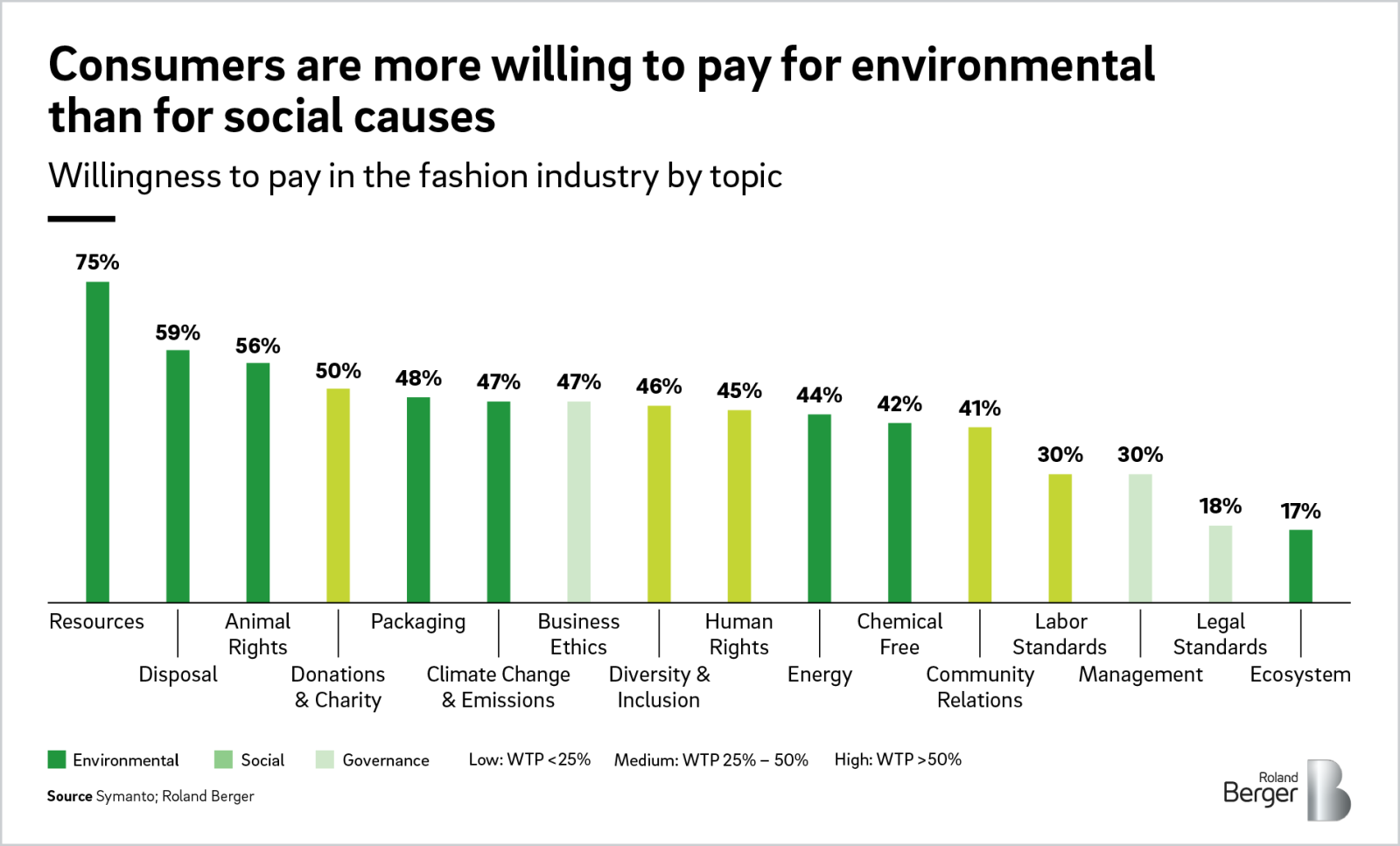
Fashion with Purpose: Navigating Conscious Consumer Choices
In a world where sustainability and ethical practices are gaining prominence, conscious consumer fashion choices have become a driving force for positive change within the fashion industry. This article explores the significance of making mindful decisions when it comes to clothing, empowering individuals to align their fashion preferences with social and environmental responsibility.
The Shift towards Conscious Consumerism
A paradigm shift is underway as consumers increasingly prioritize ethical and sustainable considerations in their fashion choices. Conscious consumerism in the fashion industry revolves around making informed decisions that take into account the social, environmental, and ethical implications of clothing production. This shift challenges the traditional model of fast fashion, encouraging a more thoughtful and intentional approach to dressing.
Understanding the Impact of Fast Fashion
Fast fashion, characterized by rapid production cycles and low-cost items, has been a dominant force in the industry. However, it often comes at a considerable cost to the environment and workers’ well-being. Conscious consumer fashion choices stem from a desire to move away from the detrimental effects of fast fashion, such as excessive waste, unethical labor practices, and the depletion of natural resources.
Evaluating Sustainable and Ethical Practices
Conscious consumers prioritize brands that embrace sustainable and ethical practices. This involves considering factors such as the use of eco-friendly materials, fair labor practices, transparent supply chains, and a commitment to reducing the overall environmental impact. Sustainable and ethical fashion brands align with the values of conscious consumers, providing alternatives to conventional fashion models.
The Rise of Slow Fashion
At the heart of conscious consumer fashion choices is the embrace of slow fashion. This movement emphasizes quality over quantity, encouraging individuals to invest in timeless, durable pieces rather than succumbing to the cycle of constant trends. Slow fashion promotes longevity, both in terms of the lifespan of garments and the enduring style they bring to the wearer.
Building a Capsule Wardrobe
A key aspect of conscious consumer fashion choices involves the concept of a capsule wardrobe. This minimalist approach to dressing involves curating a collection of versatile, high-quality pieces that can be mixed and matched for various occasions. By embracing a capsule wardrobe, individuals contribute to reducing unnecessary consumption and waste in the fashion industry.
Embracing Second-Hand and Vintage Shopping
Conscious consumers explore alternatives to new clothing by embracing second-hand and vintage shopping. Thrifting and buying pre-loved items contribute to a circular fashion economy, extending the lifespan of garments and diverting them from landfills. This sustainable approach to fashion not only reduces environmental impact but also fosters a sense of uniqueness in personal style.
The Power of Informed Choices
Conscious consumer fashion choices are rooted in information and awareness. Individuals who actively seek knowledge about a brand’s values, production processes, and the impact of their choices wield the power to drive change. Informed consumers contribute to shaping a more responsible and sustainable fashion industry by supporting brands aligned with their ethical and environmental principles.
Community and Advocacy in Fashion
Conscious consumerism extends beyond personal choices to community and advocacy. Engaging with like-minded individuals and supporting initiatives that promote sustainable fashion practices amplify the impact of individual actions. Social media platforms and community-driven campaigns play a role in raising awareness and influencing positive change within the larger fashion landscape.
Challenges and Progress: Navigating the Journey
While the conscious consumer movement has gained momentum, it faces challenges such as accessibility to sustainable options, affordability, and the need for broader industry changes. However, progress is evident as more brands recognize the demand for ethical and sustainable choices, leading to increased availability and affordability of conscious fashion alternatives.
The Future of Fashion: A Collective Responsibility
In conclusion, the future of fashion lies in the hands of conscious consumers. As individuals make mindful choices, they contribute to shaping an industry that prioritizes ethics, sustainability, and social responsibility. Conscious consumer fashion choices are not just a personal decision but a collective responsibility to create a fashion ecosystem that values people, the planet, and the enduring beauty of well-crafted garments.
To explore conscious consumer fashion choices and discover brands committed to sustainability, visit beautifulnhealthy.com. This platform provides resources and insights for those eager to embark on a journey of mindful and purposeful fashion consumption.
